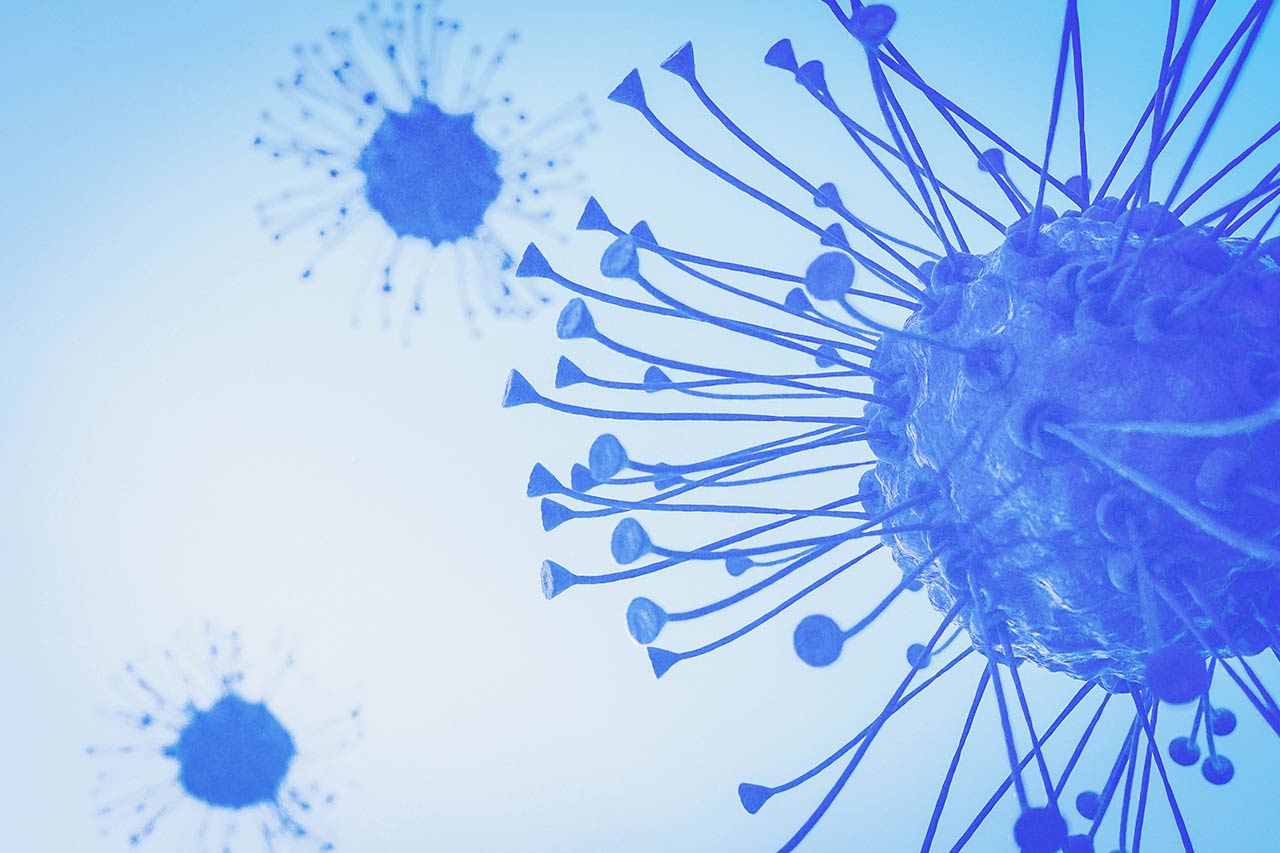4 key facts steering the future direction of CAR T-Cell therapies

CAR T-cell therapies gain more and more attention as being innovative immunotherapy options for cancer patients. Although being researched for years, the approval reach of new treatments is yet limited to certain types of blood cancer. Challenges linked to the therapy are still strong. At Alcimed, we looked at 4 key aspects that will guide you towards the future direction of development in this great field.
1. What are CAR T-cell therapies & why are they promising?
Currently, autologous CAR T-cell therapies that are used and approved, are a form of immunotherapy that uses genetically modified T-cells. Usually T-cells are extracted from a patient and genetically modified to specifically detect cancer cells. The modified T-cells produce special targeting structures on their surface, the so called chimeric antigen receptors (CAR). These modified T-cells are then tested in activity assays for specific tumor recognition, rapidly expanded in favorable media and then re-transfused into the patient where they specifically dock on the patient’s cancer cells and start killing them. Thereby, CAR T-cell therapies have a cutting-edge advantage over classic treatment, such as chemotherapies, as they very specifically target only cancer cells.
Learn more about the challenges of CAR-T cell therapy >
2. Which CAR T-cell therapies exist and in which indications?
Currently two therapies are approved, Yescarta from Gilead and Kymriah from Novartis. The approval currently covers certain types of lymphoma, and acute lymphoblastic leukemia (ALL) in children and young adults. However, many clinical trials are conducted to test CAR T-cells in other types of blood cancer and researchers start exploring applications in solid tumors. Besides Gilead and Novartis, different companies are active in (co-)developing CAR T-cells, notably Pfizer (with Cellectis & Servier), Janssen (with Legend Biotech), or Celgene (via Juno acquisition and collaboration with Bluebird Bio).
3. What are the challenges for CAR T-cell therapies?
Currently CAR T-cell therapies face different issues, with side effects being a major one. Here, we talk mainly about neurotoxicity and, of course, the cytokine release syndrome (high release of cytokines into the bloodstream leading to strong fever and drops in blood pressure). These side effects are one of the causes of serious adverse events, including death, in CAR T-cell therapies. Overcoming these issues is of ongoing concern. Likewise, CAR T-cell therapy works already in blood cancer, however it doesn’t work well in solid tumors. Challenges to overcome in the field of solid tumors are:
- to find the tumor,
- to enter the tumor and
- to survive in the tumor.
Finally, the production of CAR T-cells remains a big challenge: the procedure is long and expensive, as the therapy is individualized; specialized labs are needed for the analysis; and further, patients usually had been pre-treated with serious drugs (such as chemotherapy) before T-cell extraction, so that their T-cells might be harmed.
4. What are future directions and developments?
Reduce side effects
Researchers aim to further improve CAR T-cells in order to ameliorate the problematic side effects. Attempts here go in several directions such as implementing a ‘suicide switch’ to deactivate CAR T-cells if needed and in emergency. However, this is not optimal as production of CAR T-cells is costly and destruction of the cells can result in disease progression. Alternative possibilities are explored in the direction of introducing a switch system that can temporarily deactivate CAR T-cells in presence of e.g. small molecules. The advantage being that by stopping the administration of the small molecule the CAR T-cells re-activate.
Fight solid tumors
Developing CAR T-cell therapies functional in solid tumors is key. Strategies here are to develop CARs that recognize multiple antigens, combine CAR T-cells with checkpoint inhibitors to avoid T-cell exhaustion or combine them with other drugs that avoid the suppressive character of the tumor microenvironment. Finally, it will be key to develop CAR T-cells with maximal survival times in tumor tissue.
Speed up the treatment
Furthermore, work on allogenic CAR T-cell therapies has gained more interest. In this approach T-cells are not extracted from sick patients with potentially harmed T-cells (as done in the autologous approach), but from healthy donors. This allows for modifying T-cells, freezing them, and having them on the shelf for usage in patients once needed. The advantage is the quicker production and availability for many patients. However, drawbacks still need to be overcome; currently studies are investigating if donor’s immune cells can recognize patient’s normal cells as foreign and kill them. Also, it is not yet clear how long the donor CAR T-cells will remain active in the patient. CRISPR/Cas 9 technology obviously can support any of these future directions.
The future of CAR T-cell therapies seems bright! However, different challenges need to be overcome before applying them in many patients. Alcimed is continuously working on projects around these therapies and we will keep you posted of new developments.
About the author
Volker, Great Explorer Oncology in Alcimed’s Healthcare team in Germany